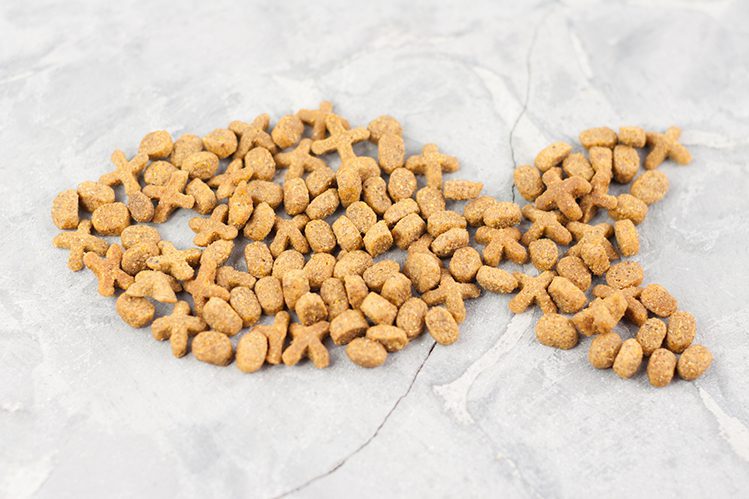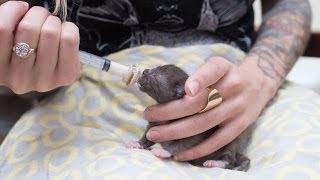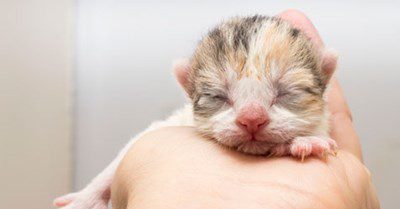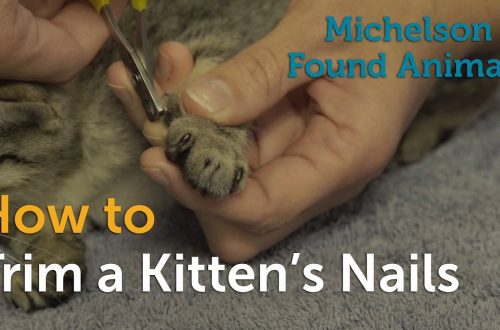
L-carnitine in kitten food
L-carnitine is an important ingredient in kitten food. What is this substance and what is its use?
When choosing a diet for your pet, a caring owner carefully studies its composition. We know that meat should be first on the ingredient list, that carbohydrate sources should be easily digestible, and that all feed ingredients should be deciphered. But in addition to the main points, there are a huge number of nuances.
The composition contains many different substances, each of which performs its functions. Some of them are used as an additional advantage of the feed, and without others, a balanced diet is impossible in principle. For example, in kitten food, the latter include the vitamin-like substance L-carnitine. When choosing food, be sure to pay attention to this component. Why is it so important?

L-carnitine, also called levocarnitine, is a natural substance related to the B vitamins. In the body of adult animals, it is synthesized independently by the enzyme gamma-butyrobetaine hydroxylase. In the body of kittens, the level of activity of gamma-butyrobetaine hydroxylase is low, and high-quality meat products serve as the main source of L-carnitine.
L-carnitine increases the passage of dietary fat into cells with subsequent energy production.
Thanks to L-carnitine, fat reserves are used for energy needs.
L-carnitine controls metabolism. With the accelerated metabolism characteristic of kittens, this is especially important.
L-carnitine is the key to the harmonious development of muscle mass during the period of rapid growth and development of kittens.
L-carnitine is involved in the formation of healthy bones and strong muscles. The proper functioning of the organs and systems of the whole organism depends on this.
Just one substance – and so many benefits. However, many do not even know about the beneficial properties of L-carnitine and do not pay attention to its presence in the composition.
We take note of the new information!





